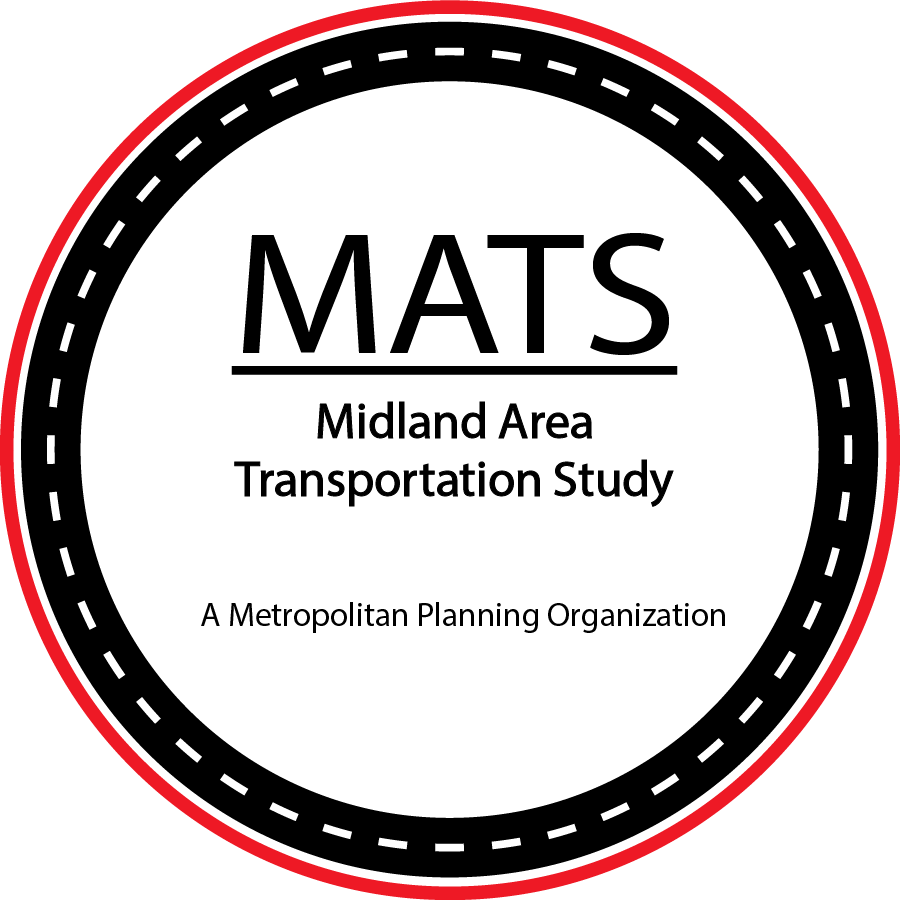An engineering breakthrough that can reduce major urban bridgeworks projects from months or even years to just three days is set to save time, money and inconvenience worldwide.
An innovative hybrid fiberglass-concrete-steel bridge construction technique created by a team led by University of Queensland engineers has won the inaugural World Innovation in Bridge Engineering (WIBE) award.
UQ Faculty of Engineering, Architecture and Information Technology researcher Dr Dilum Fernando said the bridge was lighter, stronger and faster to put up than anything currently available.
"The $50,000 award, announced in Portugal, recognises our design as a game-changer, coming in ahead of designs involving more than 200 authors from 50 countries," he said.
Dr Fernando, from the School of Civil Engineering, said the bridge design used a double-skin tubular arch system.
“It is three times as strong as conventional reinforced concrete bridges, yet only a third of the weight.
“Because it’s light, the bridge can be pre-fabricated and transported to site where it can be put up in about 72 hours.
"This means projects that previously caused up to six months of disruption can now be completed in just three days."
The design team included Brisbane-based company RocketC, global engineering consultancy Arup and the Hong Kong Polytechnic University.
The project came about when RocketC’s Paul Rodman approached Dr Fernando.
“Constructing road or rail overpasses on existing roads is extremely expensive and time-consuming,” Mr Rodman said.
“It can require extensive property resumptions and road construction to allow the traffic to continue operating while the overpass is constructed.
“Construction times are long — as an example, an overpass bridge on Main and Kessel Roads in Brisbane took three years to complete and cost $300 million.”
The team approached Arup to make sure engineering issues were addressed in the development.
Arup Fellow Mr Peter Burnton said the research would solve many challenges faced in the construction of bridges in our communities.
“This project has also given excellent practical experience to many students who have helped fabricate, test and interpret the test results in the fantastic laboratories at UQ,” he said.
Dr Fernando said the bridge design could be prefabricated, transported on a semi-trailer and erected without the need for specialised heavy lifting equipment.
"A case study for the award submission demonstrated that building the superstructure of a railway bridge overpass in Brisbane would take just 78 hours and save $120 million over the traditional build cost."
He said the competition prize money would be used to continue research into applications and improvements for the bridge technology.
The WIBE prize was sponsored by the Faculty of Engineering at The University of Porto in Portugal, and BERD, a project, research and engineering firm specialising in bridges.
Media: Dr Dilum Fernando, d.fernando@uq.edu.au +61 411 142 158; Paul Rodman, RocketC, paul.rodman@rocketr.com.au, +61 418 479 946; Katie Maltby, ARUP, katie.maltby@arup.com, +61 7 3309 4384; Dr Jin-Guang Teng, Hong Kong Polytechnic, +852 2766 6012.





